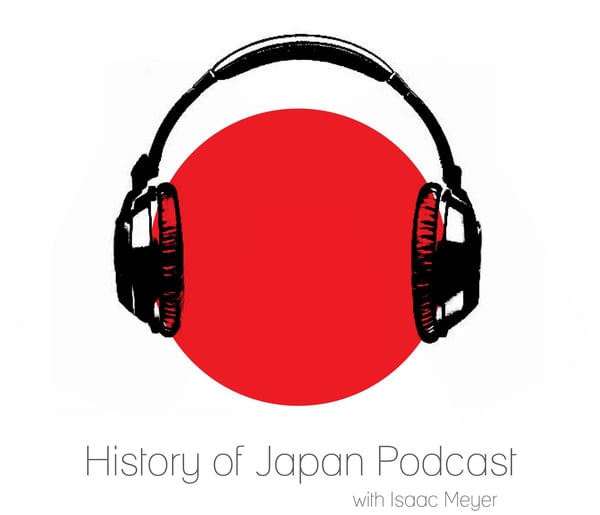Episode 560 - The Otaku, Part 2
History of Japan
Isaac Meyer
4.8 • 744 Ratings
🗓️ 10 January 2025
⏱️ 36 minutes
🧾️ Download transcript
Summary
For our first episode of 2025: "otaku culture" as a phenomenon began to emerge, in part, as a reaction against the crass commercialism of postwar Japan. Yet now, it is entirely a part of the fabric of that commercialism. How did that happen? We'll explore it by looking at two fascinating phenomena: the dojin market known as Comiket and the transformation of Tokyo's neighborhood of Akihabara.
Show notes here.
Transcript
Click on a timestamp to play from that location
| 0:00.0 | Hello and welcome to the history of Japan podcast episode of 560, The Otaku, Part 2. |
| 0:24.5 | Last week, the focus of our episode was on the ways in which otaku culture, however you might define that term, |
| 0:31.2 | doesn't actually represent this radical break with the past, but follows patterns from earlier periods of what you might call fandom. |
| 0:39.7 | That's because, as I said last week, I do think it's revealing in many ways to think about |
| 0:44.4 | otaku-ness, so to speak, as not some new phenomenon created by modern society, but as something |
| 0:50.5 | people have always engaged in. |
| 0:52.9 | Fandom, being a fan of something in a shared community built around the love of something you enjoy, |
| 0:58.6 | people have been doing that for a long time. |
| 1:00.9 | And we lose sight of something if we treat that reality and treat fan culture as something |
| 1:05.5 | fundamentally new. |
| 1:07.3 | But this week I want to focus on what is, distinctive or unique, about the otaku scene, |
| 1:12.4 | so to speak, the ways in which it does represent something new in Japanese society. |
| 1:17.8 | Because while fandom is nothing new, there are elements of what we call otaku culture that |
| 1:22.9 | are distinctly modern, and to start talking about them, we must begin, of course, with some good old-fashioned |
| 1:29.3 | historical context. Particularly, of course, we must focus on the context of the post-war era, |
| 1:36.1 | because otaku culture in its modern sense really begins in the mid-70s, which was, well, |
| 1:42.1 | let's call it a complex time in Japanese history. |
| 1:46.5 | So, for a quick refresh, from a certain perspective, post-war Japanese history is all about the |
| 1:53.2 | collapse of what had once been a sort of grand narrative of Japanese history and the search |
| 1:58.9 | for something to replace it. |
| 2:06.0 | And what I mean by that is simply if you were growing up in Japan before 1945, the answer to questions like, what does it mean to be Japanese? |
| 2:09.2 | What is a person's role in the Japanese nation? |
... |
Please login to see the full transcript.
Disclaimer: The podcast and artwork embedded on this page are from Isaac Meyer, and are the property of its owner and not affiliated with or endorsed by Tapesearch.
Generated transcripts are the property of Isaac Meyer and are distributed freely under the Fair Use doctrine. Transcripts generated by Tapesearch are not guaranteed to be accurate.
Copyright © Tapesearch 2025.

